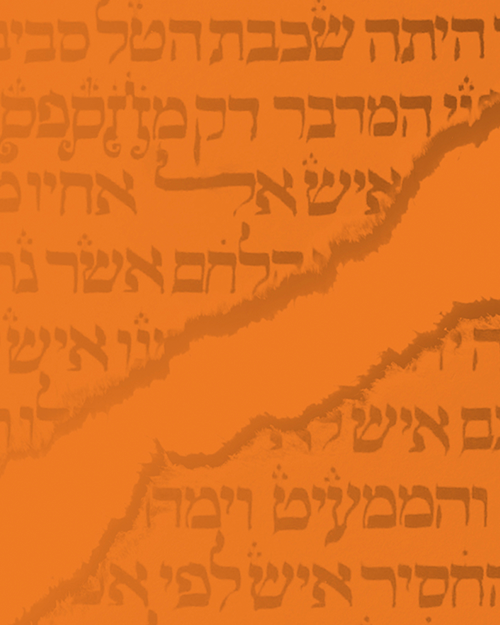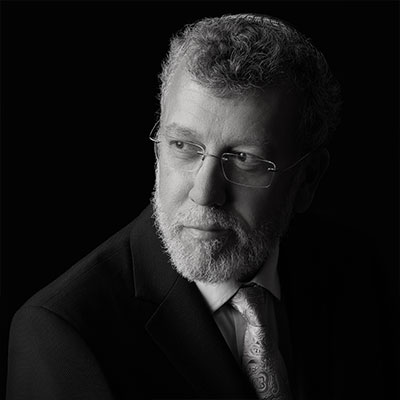Introduction to Biblical Criticism: Once More, Unto The Breach
No book in human history has had its authorship contested—and no book has…

Though the Bible’s authorship was once largely uncontested, today it is the subject of raging debate. The stakes are high: billions of people follow religions hinging on the Bible’s divine origin. Many educators therefore gloss over or ignore this theological minefield, reasoning that it is an unnecessary challenge to their students’ faith. But this leaves…
No book in human history has had its authorship contested—and no book has…

After millennia of study, in many ways the Bible still remains a question…

However you navigate this issue, Professor Joshua Berman’s approach is crucial to consider.…

David explains how, despite his initial apprehensiveness towards the topic, he has come to appreciate the different approaches to Biblical criticism offered by this month’s three guests.
David explains how, despite his initial apprehensiveness towards the topic, he has come to appreciate the different approaches…
In this episode of the 18Forty Podcast, David sits down with Professor Joshua Berman, a Professor of Bible…
In this episode of the 18Forty Podcast, we sit down with Gil Student, an infamous blogger who writes…
As we confront the questions that Biblical criticism has presented, we must ask ourselves how we can keep…
Of all the books I’ve read on Biblical criticism, I think I found this the most satisfying. Bazak really covers all of the main issues that arise from a critical reading of the Bible. The structure is very clear and he deals with all the issues in a thoughtful and substantive way. Some may want a book that contends more with contemporary scholarship and secondary literature, but I found the grounding and orientation of the book quite satisfying. There are some thinkers and approaches I would have liked to see represented more, like Tamar Ross and Rav Shagar who wed postmodernist thought with traditional Jewish thought. Still, if one were looking for an introduction that lays out all of the key issues with traditional framing—start here.
It’s interesting to compare Berman’s work with Bazak. I enjoyed both. Berman spends more time outlining the broad perspectives one should have when approaching Biblical criticism and how they square with contemporary Jewish ideology. At times, he can veer into more polemical discourse—his book is far more impassioned than Bazak’s. In many ways, the differing tones between Berman and Bazak reflects their professional orientations. Bazak is an educator and approaches his work a little more soberly. Berman, as a member of the academic field of Biblical Studies, is privy to more of the politics, risks, and perceived biases in the field and it shows.
This collection of essays represents a diverse group of writers—all with differing views on how to approach Biblical criticism—trying to reconcile its challenges with belief. Some may take issue with some of the essays as being too accepting of some of the premises of Biblical criticism. Others may find some essays rely too much on mysticism. I enjoyed nearly all of the essays—though the quality certainly varies. The best part about this book is that it’s free. It was made available online, so even if you find some of it disappointing—it’s certainly far more valuable than what you paid.
Support Jewish explorations today by supporting 18Forty. Your partnership makes our work possible.
Donate today.

